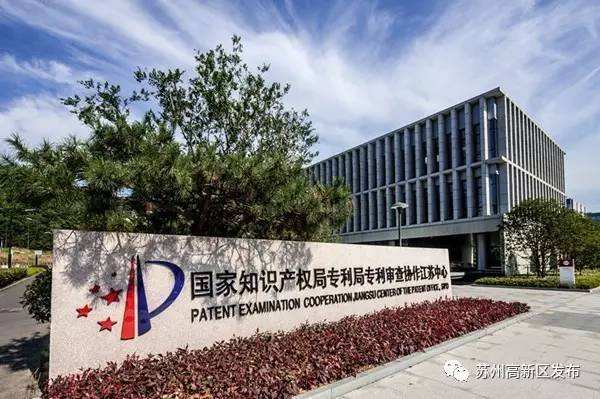IP Protection
IP Protection
Companies entering the Chinese market have no formal intellectual property (IP) protection until they file for the necessary patents, trademarks, and copyrights within the country.
EcoKMC Suzhou offers three layers of IP protection for participating startups entering the Chinese market:
Legal protection: EcoKMC ensures legal protection by partnering with:
a prominent U.S. law firm with an office in China, well versed in Chinese laws and regulations;
an established Chinese law firm with expertise in IP protection;
an IP protection center based in Suzhou offering comprehensive IP and administrative services.
Administrative protection: EcoKMC assists companies in registering their products for intellectual protection with the China Food and Drug Administration (CFDA), now known as the National Medical Products Administration (NMPA), and local governmental agencies.
Market protection.
IP Protection in China
EcoKMC helps medical device startups negotiate the full range of IP protection options available in China. These include multiple types of patents, such as the utility model patent (UMP), the design patent, and the invention patent. Trademarks for names and copyrights for products are also important protection factors.
Patents
Companies need to file applications for patents with the State Intellectual Property Office (SIPO) for all products and technologies valuable to their business. Companies should ensure that their patent applications are translated before filing. These filings can be done directly with SIPO or via international patent arrangements, such as the Patent Cooperation Treaty.
Trademarks
Companies need to register for trademarks with the China Trademark Office, including the English name, Chinese character name, and Chinese pinyin name for core brands. When filing, companies should carefully select product categories and sub-categories, and check the online trademark database for similar names even in categories outside a company’s primary description. Many companies have experienced challenges in which a local competitor has registered a very similar trademark in a different product category, a practice allowed under the Trademark Law.
Copyrights
Though registration is not required, companies should consider registering their products with the National Copyright Administration, since registration provides a public record and can serve as useful evidence in copyright disputes.
